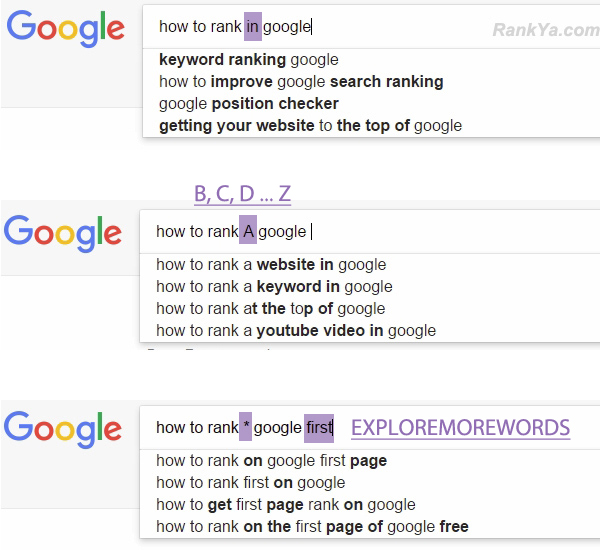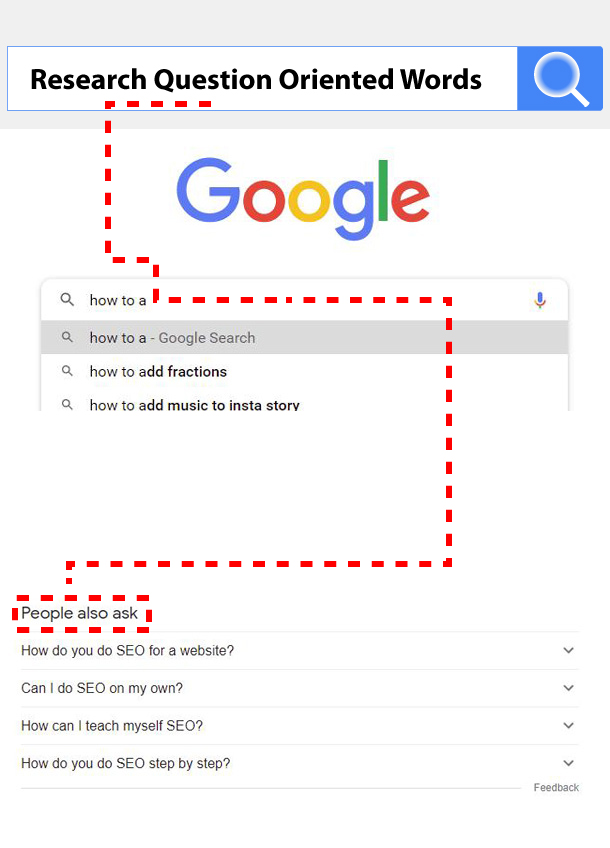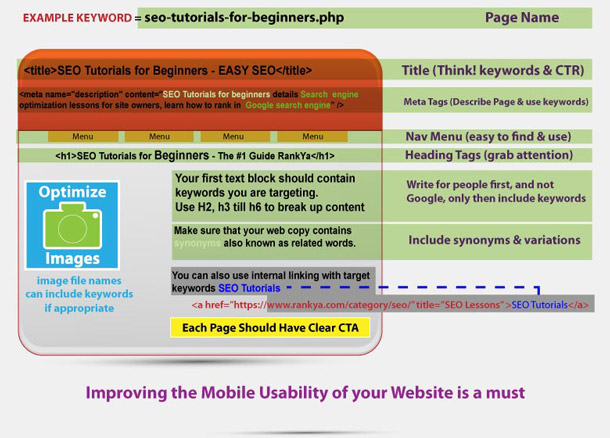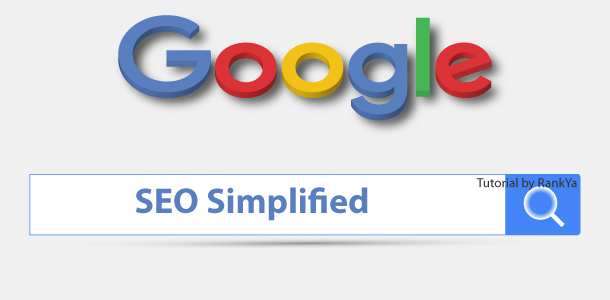Explaining how to rank a website or a blog is as hard as explaining a beginner how to code HTML or PHP. This is an era of competition amongst website owners, and to rank higher, you need to be good at several areas.
Without further ado, let’s go through a quick and easy checklist that can help with more website traffic. Because when you select the right words and at least have the basics in place, then, organic rankings will improve.
1. Perform Keyword Research
When people look for information online, they type certain words in Google or other search engines. You need to search for and include those keywords in your web content, articles or blog posts if you want to get found and rank better because Google evaluates keywords amongst other things on websites.
While conducting keyword research, make sure you create a list of primary keywords and secondary keywords. You will focus more on the primary keywords while content creation but begin targeting longer tailed keywords to build momentum and to increase internal linking count.

2. Create Crawlable URLs
If your webpage URLs are not accessible or crawlable, Google spiders won’t be able to understand what your page is about because they won’t be able to access it. Make sure the URL contains keywords relevant to what is on the page you are creating. Steps to a Google-friendly site
3. Investigate the SERP
SERP stands for Search Engine Results Page. Although today its all about mobile SEO, you still need to investigate what Google shows for a particular keyword you are targeting. Anytime you analyze SERP, take a note of any keywords Google highlights. Because at times, you will see synonyms (or related words highlighted), any highlighted words should also be included in your web copy.
Furthermore: this type of analysis will provide a glimpse of the competitiveness of the keywords you want to select, target, and rank (in that order).

4. Create Content That Solves a Problem
If you are not creating your own content, then, look for web copywriters who actually know the subject you want to create content about. This is essential when you want people to look at your site as a credible source of information. If you are living in Australia, United Kingdom, Unites States or other English speaking countries, do not hire cheap SEO’s or get $5 articles. First of all, professional copywriters will know the difference between UK English compared US English. Even small mistakes in writing can affect Google rankings.
Its more than likely that other websites have already created content you want to write about, even then, you can outperform them by adhering to Search Engine Optimization techniques by RankYa.
5. Create Compelling Title, Meta Description
All web pages should be created accordance with w3.org Web Standards. This also includes an important web page HTML <title> element. Make sure you include the target keywords.
Meta descriptions although not a standard on the WWW still has weight in the eyes of Google in a sense that people who search Google can read what shows in Meta Description (if you do not provide Meta Description, then Google algorithms will auto-generate one). The snippet carries a lot of importance as far as click through rate is concerned. And since it shows in the SERP. Make sure that the snippet is eye-catchy and compelling but more importantly it has to be relevant to the content you are describing.
6. Optimize Page Load Times
The golden number today is 2.5 seconds. Although this number is not easy to beat, when a web page is full of unneeded, scripts, CSS codes, high-resolution large images, videos or third party plugins, naturally will load slow causing frustration and abandonment.
You can use many plugins to improve page load times as well as consider updating your web hosting package. Page Speed improvements usually require skilled and experienced SEOs to handle. Regardless of how you’ll achieve 2.5 figure, this number will directly correlate with your website’s Google rankings.
How to On Page SEO

In short, if you do all these things, you are going to rank well in today’s mobile index world. Simply be consistent and patient and Google will reward you for the useful and unique content that you’ll be creating.
